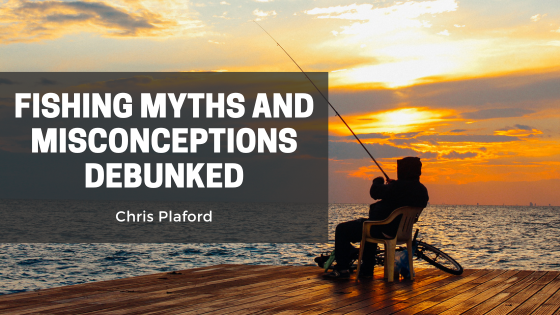Fishing is an activity steeped in tradition and lore. Over the years, many myths and misconceptions have taken root within the angling community. While some of these tales add a touch of charm to the sport, others can mislead and hinder your fishing success. Here, we debunk some of the most common fishing myths and misconceptions.
Myth: Fish Only Bite Early in the Morning or Late in the Evening
Debunked: While it’s true that fish often feed during dawn and dusk, this doesn’t mean they won’t bite at other times. Various factors, including weather, water temperature, and moon phases, influence fish. Many anglers have found success fishing during the middle of the day or even at night. Understanding the specific habits of the fish species you’re targeting, along with the conditions of your fishing spot, is more important than sticking to the “golden hours” of fishing.
Myth: The Best Baits are Always Live Baits
Debunked: Live baits can indeed be effective, but they are not the be-all and end-all of fishing success. Artificial lures have come a long way in mimicking the appearance and movement of live bait. In many cases, they can be equally as effective, if not more so. Moreover, lures are often more versatile and can be used in a wider range of fishing conditions and environments. Experimenting with different types of baits and lures can lead to discovering what works best for your specific fishing scenario.
Myth: Fish Don’t Bite in the Rain
Debunked: Rain can actually enhance fishing opportunities. Light rain can increase fish activity, making them more likely to bite. It can also help mask your presence, as raindrops hitting the water surface can make it harder for fish to detect you. Additionally, rain can cause an influx of nutrients and insects into the water, creating a feeding frenzy. However, be cautious during thunderstorms or heavy rain, as these can pose safety risks and may not be conducive to a productive fishing trip.
Myth: Bigger Bait Equals Bigger Fish
Debunked: While larger baits can attract larger fish, this isn’t always the case. Regardless of size, fish may be attracted to smaller baits depending on their feeding habits and prey availability in their environment. Using a variety of bait sizes can help you target a wider range of fish. Sometimes, downsizing your bait can be the key to enticing a trophy fish that might be more cautious or selective.
Myth: Fish Have Short Memories
Debunked: Studies have shown that fish can retain information and learn from their experiences. They can remember areas where they’ve found food, encountered danger or been caught and released. This learned behavior can influence their future actions and reactions to bait and lure. Anglers can use this information to their advantage by varying their techniques and fishing spots to keep fish from becoming wary of familiar setups.
Fishing is as much about knowledge and technique as it is about patience and luck. Understanding and debunking these common myths can improve your chances of a successful catch and enjoy a more fulfilling fishing experience. So next time you head out to the water, keep these insights in mind and fish smarter!
